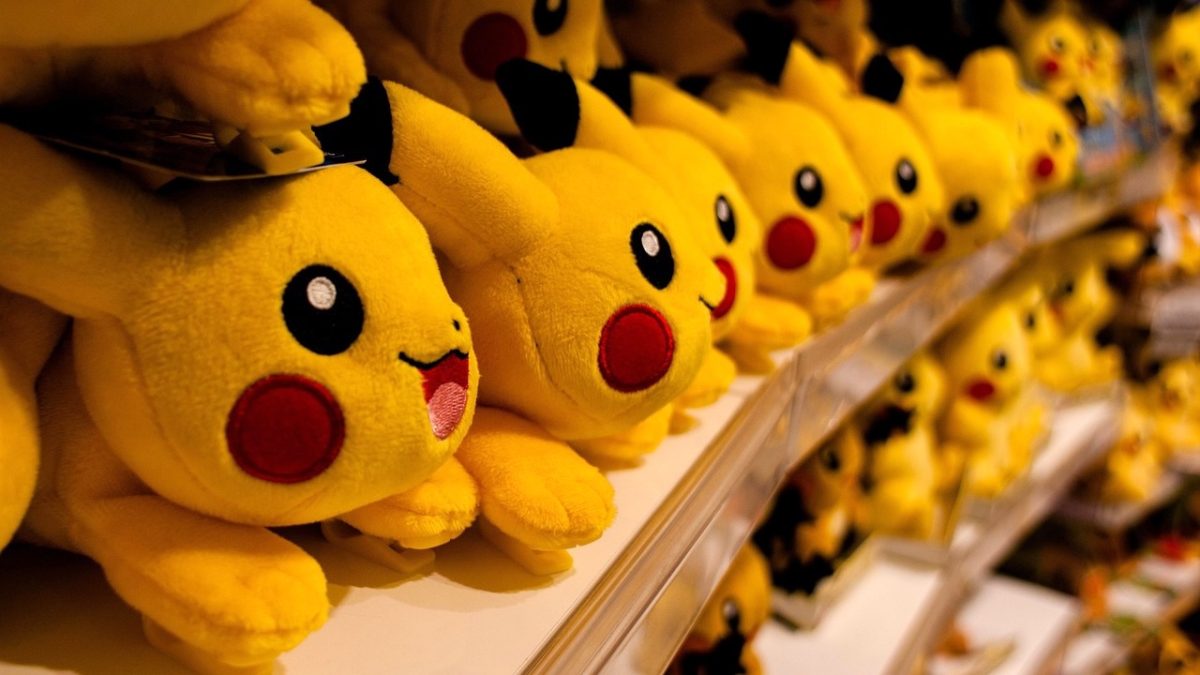For the past six years, the University’s college of business has hosted “The Hatch,” which loosely resembles ABC’s Sharktank. It gives University students the opportunity to turn business ideas into business ventures. This year, 10 students pitched eight products to six potential investors.
Each of the 10 “Hatchlings” has spent the last 10 weeks preparing their products and pitches for the investors. Those who were invested in will spend the summer in “incubation” refining their products and ideas.
[[inline_image_identifier c84c12c92cbcd56f758efb2d5645e945.jpg]]
Elyse Blau and Hannah Barth, both juniors majoring in inclusive early childhood education, pitched their product the Pop-Up Palace. The Pop-Up Palace aims to give young children a collapsible play area that caters to imagination and creativity. The two Hatchlings did not receive any investment, but the investors showed interest in the product and offered feedback for the two young women.
“Our next step is to take that feedback and continue to develop it so we can be ready for…the next step,” Barth said.
Barth and Blau said they have made many connections in the time leading up to The Hatch that will allow them to continue working on the Pop-Up Palace.
Barth and Blau won the evening’s “Eggy” award, which was a contest of online voting.
Isaac Rogers, a sophomore business student, was the first of the evening to receive an investment for his app Tabs. The app allows for better health management for people with cystic fibrosis.
“The next step is…more app development and more testing for this app to be most effective to make people live healthier and happier lives,” Rogers said.
After he works on his app this summer, known as the incubation period, he will return to the investors with his progress.
Kristen Grom, a senior VCT major, also received investment in her product Power Play. Power Play is an app-controlled dog toy designed to wear out a dog while playing inside, specifically aimed toward dog owners who may have less mobility. Grom’s product is patent-pending.
“There was a road to get here,” Grom said. “It’s kind of like seeing your dream right there in front of you and actually being able to touch it.”
Rachael Poling, a senior majoring in applied health science, presented her product, Rehabiligait. Poling was invested in and will go on to the incubation period this summer. Her product is a wearable technology on the foot that tracks one’s rehabilitation progress.
“It’s been unreal,” Poling said. “It’s been a lot of stepping out of my comfort zone, which was a big part of this.”
Jacob Hauter and Nick Bundy, both juniors, pitched their product Saflee. Saflee is “a hybrid of a traditional safe and a disaster kit.” Though they did not receive investment, they are far from finished with their product.
“We’re excited to go off on our own and continue pursuing this idea,” Bundy said. “Just because we didn’t make a deal tonight doesn’t mean anything’s over yet.”
Their mentor, Laura Jajko, said the investors didn’t understand the need for the product. “I feel they missed something,” Jajko said. “They didn’t get it.”
“Self-sufficiency is the epitome of entrepreneurship,” Hauter said in response to the lack of investment.
Marikay Mester, a junior majoring in dietetics, pitched her product Bloomzoa. She asked for $15,000, but ended up making a deal for a $5,000-incubation period. Her product is a nutritional education app aimed to help children and parents navigate dietary restrictions.
“I know that this is going to be a great opportunity for me,” Mester said. She will continue to use her connections to move her product forward.
[[inline_image_identifier 96548217da92a6d909dcb9372f6afc12.jpg]]
Olivier Ernst, a graduate student in the college of business, didn’t get an investment, but was given a contact to continue his work with his product Suppleo, a vending machine style dispenser of supplements designed for athletes and workout facilities.
“I still have companies that are interested in what I’m doing that have already expressed their interest, so this is not the final point of anything,” Ernst said.
Sara Clark is a senior interventions specialist major. Read about her success at The Hatch here.













